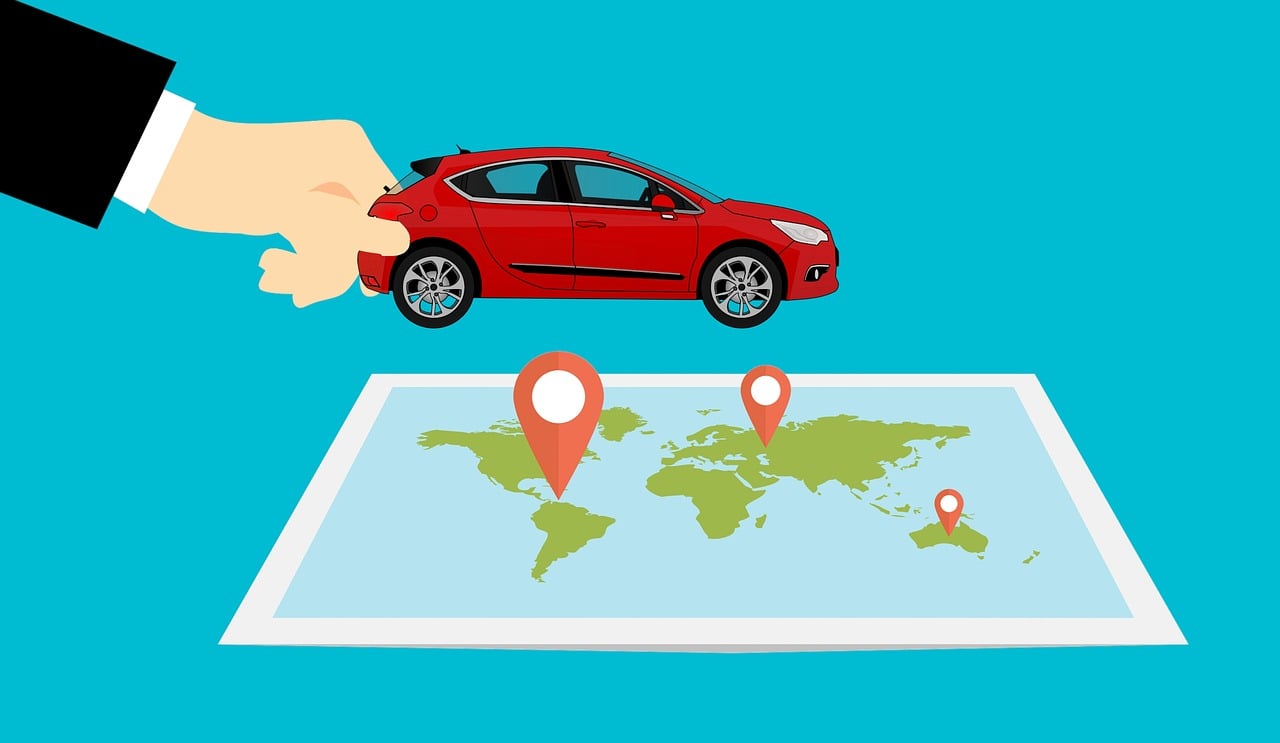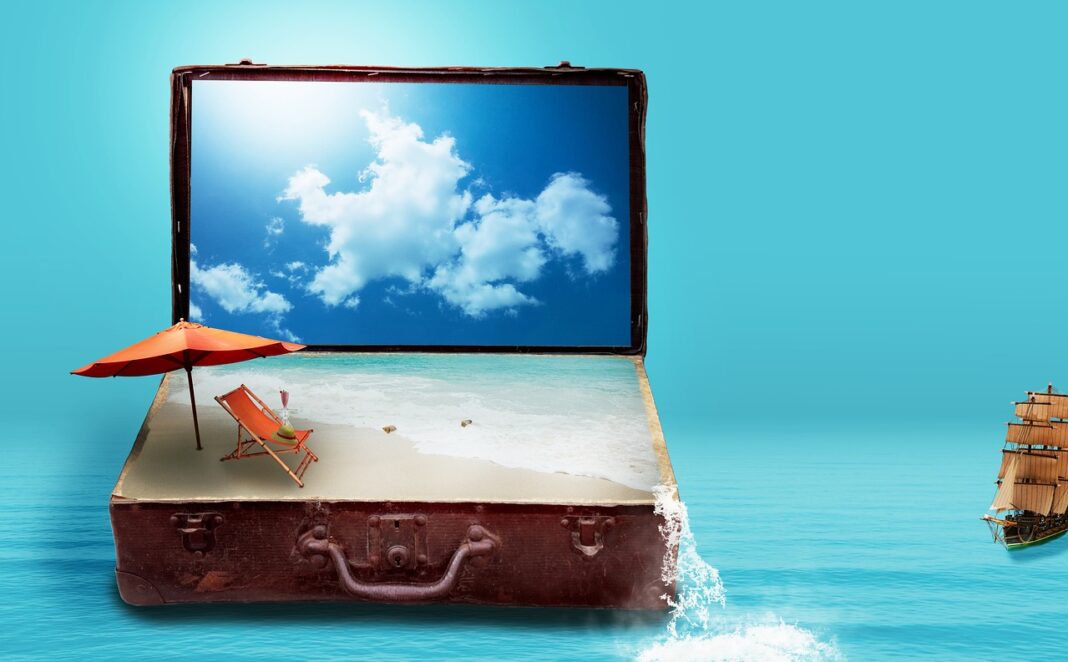The idea of discovering new places at your own pace is the very essence of adventure.
Many people imagine the best road trips are completely spontaneous, born from a sudden urge to just hit the road. While that spontaneity is part of the magic, the most memorable journeys are often built on a quiet foundation of thoughtful preparation.
A little planning doesn’t dampen the excitement. It simply clears the way for you to enjoy every moment without unnecessary stress or avoidable mishaps.
Choose the right route
Deciding on your destination is only the beginning. Consider what kind of journey you want. Are you aiming for the fastest, most direct path using motorways, or would you prefer meandering along scenic A-roads that wind through charming villages?
Use an online navigation app to get a sense of distances and driving times, but supplement this by looking at travel blogs or guidebooks. These can reveal points of interest that online algorithms might miss.
Prepare your vehicle properly
Before you go, conduct some fundamental checks of your car.
You should examine your tyres for correct pressure and ensure the tread depth is well above the legal limit. Also, top up your oil, coolant and screen wash levels.
Before you look under the bonnet, however, check your paperwork. Ensure you have the right car insurance policy in place, confirming it covers you for the full duration and geographical area of your trip.
Get your car serviced by a professional mechanic if you have any doubts about its condition.
Plan stops and stays in advance
Long hours behind the wheel can be draining, and knowing where you’ll rest your head each night removes a significant source of stress. Driving until you’re exhausted and then searching for a last-minute room is a recipe for disappointment, especially during peak travel seasons.
By booking your accommodation ahead of time, you guarantee yourself a place to stay and often get a better price. Think about planning for shorter stops too, identifying potential lunch spots, interesting viewpoints or just pleasant service stations to break up the drive.

Pack for comfort and safety
What you pack inside the car is just as important as the car itself. For safety, you should carry a well-stocked first-aid kit, a high-visibility jacket, a warning triangle, and a powerful torch. A portable power bank for your phone and a physical map are also sensible backups.
To make the journey more comfortable, prepare a good playlist or download some podcasts, and pack a bag with accessible snacks, drinks, and any necessary medication. Assemble an emergency kit and keep it easily accessible in the boot.
Stay flexible but responsible
A detailed plan is a safety net, not a rigid script. The real joy of a road trip often lies in the unexpected discoveries you make, whether it’s a beautiful beach you spot from the road or a local festival you happen to drive into.
While you should be open to these spontaneous detours, you must also act responsibly. Always be aware of your surroundings and adhere to local speed limits and driving laws.
